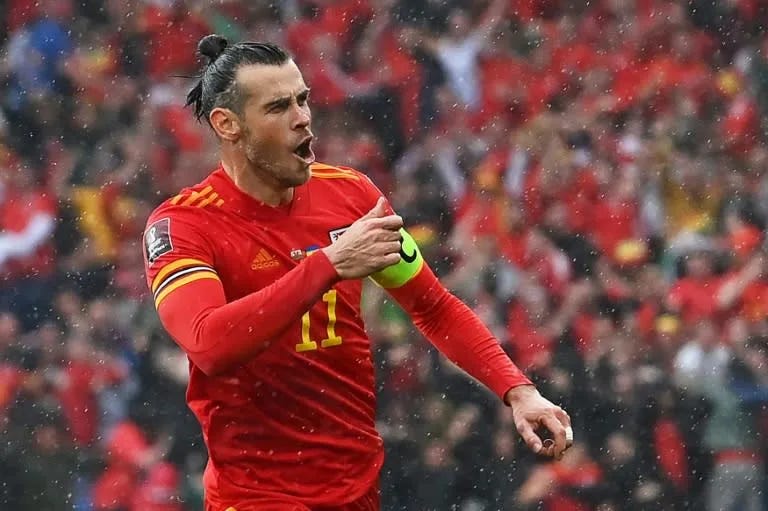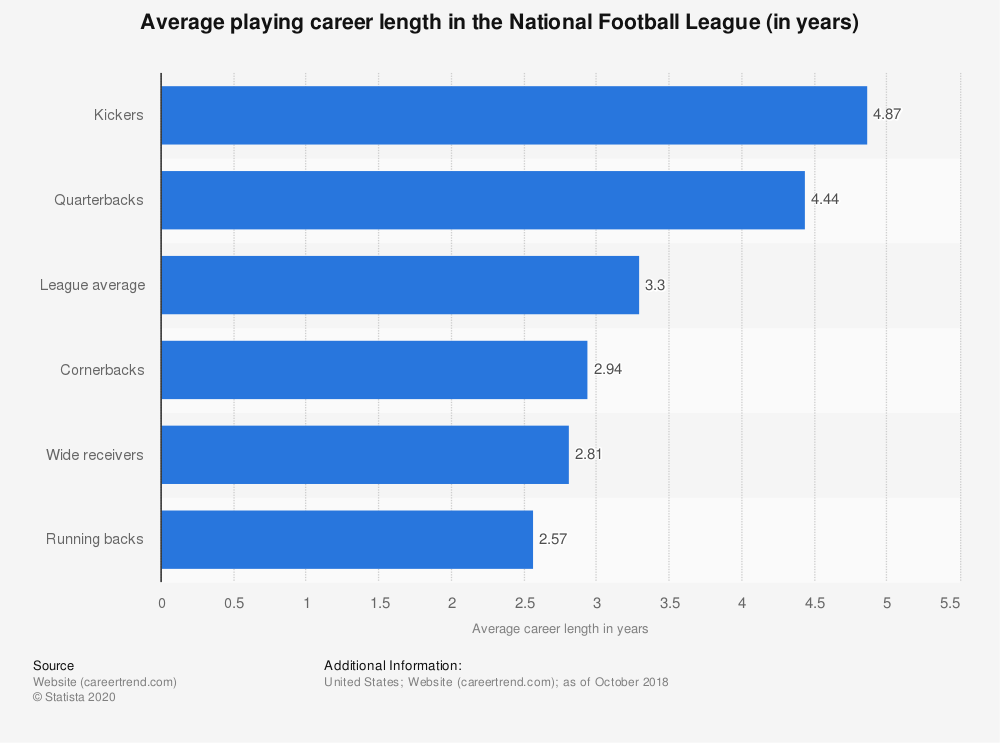Commentary stat of the weekend for me was that Gareth Bale has spent more time on a football pitch for Wales this season than for Real Madrid. Having run down his lucrative contract with the Spanish club, Bale is now a free agent - the footballing equivalent of the golfers signing up for this week’s inaugural rebel tournament. As fans, though, we tend to hold team players to different loyalty standards than athletes in individual sports. Unfair?
Bale’s falling out of love with Real Madrid, and vice versa, has been a long time soap opera. As it happens, his passion for golf has been woven through the narrative, a loner portrayed as never happier than when perfecting his swing. My mole in FA Wales, though, tells me that Bale is the quintessential team player on national duty, off and on the park.
The football transfer market is now dominated by analysis of players’ contract durations. A year to run is the new effective expiry date and fan favourites can swiftly fall out of favour with supporters if they enter the final season of a deal wilfully declining a proffered extension. In the tribal world of team sport, doing right by one’s bank balance, agent, family or some combination of the three cuts little ice.
Contrast that with the language employed about the golfers heading to St Albans (sorry, London) for this week’s Saudi-backed LIV Golf. This, remember, a sport in which missing the cut after half of a four day event spells no prize money. Yes, players have sponsor deals, but nothing as secure as a team athlete’s multi-year employment contract.
“Ultimately, he decided it was in his and his family’s best interest to pursue it. Dustin [Johnson] has never had any issue with the PGA Tour and is grateful for all it has given him, but in the end, felt this was too compelling to pass up.” David Winkle
“I needed to start prioritising the people that I love the most and work on becoming a better version of myself. I have spent this time with Amy and loved ones. It [LIV Golf] will provide balance, allowing me to focus on a healthier approach to life on and off the course.” Phil Mickelson
No mention of bank balance in the balance that Mickelson cites. Media speculation is that his is getting a $200m top up.
Johnson’s agent, Winkle, will have helped him weigh up a reported $125m from LIV against possible income lost as a result. Bank RBC has been quick to terminate its sponsorship of the two-time major winner. One guesses this hasn’t tilted the balance much.
As a fan, like many (most?) I support teams but follow sports. Athletes, golfers, tennis or darts players will come and go, engaging my interest for some duration of their career, but it’s the sport itself that in these cases endures. Teams, however, are the constant in football, rugby, cricket, baseball. Their star players shine and then fade, but the ever-changing roster itself is the thing that makes the heart its captive.
Professional careers in all sports are fragile. For some it might be more appropriate to measure them in months rather than years. Check out these NFL career stats, remembering that these averages will include a swathe of footballers whose time at the top is fleeting:
I recently met a couple of people who switched football allegiance from Crystal Palace to Arsenal in 1991 when Ian Wright was transferred from the one to the other. I have a friend who supports Lionel Messi, and so PSG now but previously Barcelona. Each inhabits a different sporting emotional world to the one I know. But perhaps they have a more grounded understanding of career jeopardy and the need for team players to do right by their families than I do.
One reader contacted me after last week’s Sport inc. to argue the case for those Russian and Belarussian tennis players banned from this year’s Wimbledon. Why should they suffer, he argues, by virtue of the land of their birth (especially if they now live in Monaco)? Once again, the team vs individual distinction.
Greg Norman proclaims “free agency has finally come to golf.” The trend in team sports has been towards freer agency, players securing greater freedom of movement while retaining the protections of contracted employment. There remains, however, a degree of indenture - think of the footballer forced out on loan, or pressured into a transfer. That is the moral price team sport chooses to pay for its club structures and the desire for a high degree of season-to-season continuity. As fans, let’s face it, we are complicit.
Cheap at any times the price
A few weeks back I forecast that tickets for the LIV Golf starting this Thursday would be on offer below the headline £67 a day for a ground pass at the Centurion Club. But I never envisaged they’d be given away free.
Two minutes on my laptop earlier this week and I found offer codes that knocked the £67 headline price down to zero. I booked a couple of these freebies. Last time I looked some of the codes were still usable. A new definition of ‘free agency’ from Greg Norman?
The code I used: POULTER25. Or you could try this one: HOLE19LONDON22GA25
My experience in athletics is that ticket giveaways backfire. Recipients treat the tickets as options on their time rather than commitments to attend. And those who paid full price early are resentful of the organisers. Attendance levels on the day are invariably far lower than the number of free tickets issued.
Look at the logistics for attending the LIV Golf and you will see that car parking is a mighty seven miles from the course with shuttle buses laid on. This is hardly the Olympics, where spectators will put up with a high degree of hassle for the golden opportunity to be there in person. Another reason for waverers to bin a free ticket and watch on YouTube instead.
Bin the ballot too
If LIV Golf tickets are cheaper than ten a penny, then at least the organisers haven’t confected the illusion of scarcity. After the fuss about high prices and empty seats for this weekend’s Lord’s test, think back to the dark days of winter and ticket ballots for this summer’s cricket internationals. The ECB is only doing supporters a disservice by balloting them in processes that stretch out for weeks from registration to outcome when tickets eventually end up being unsold. Once more, out hit wicket.





